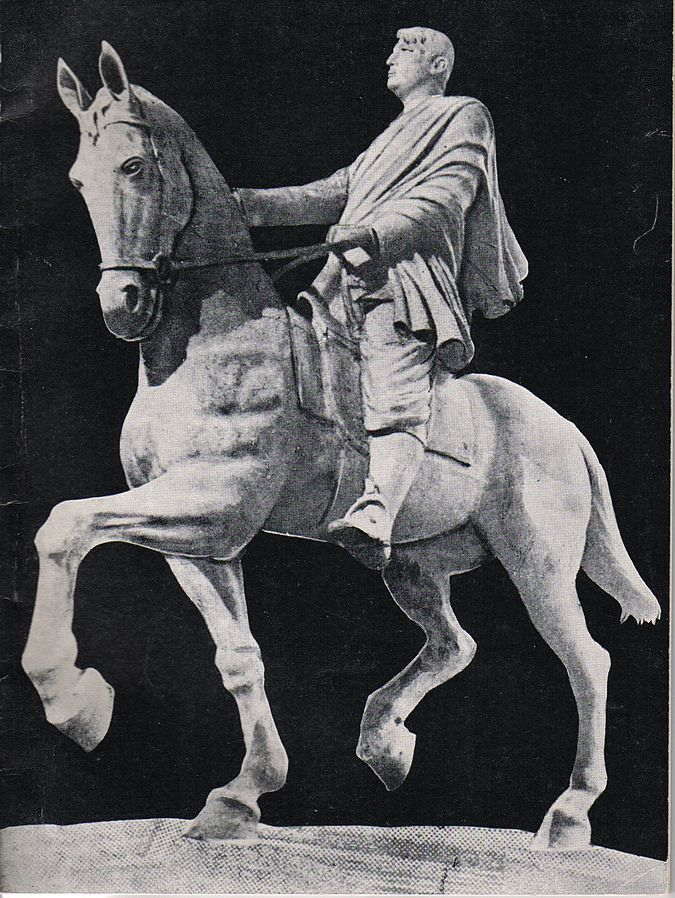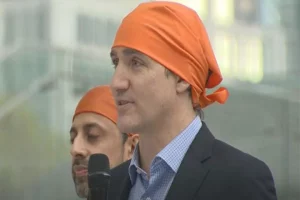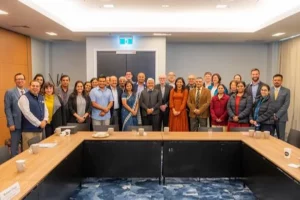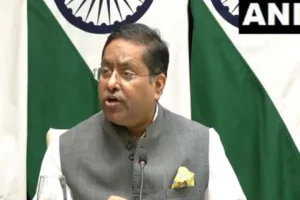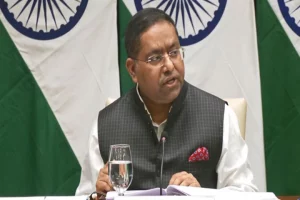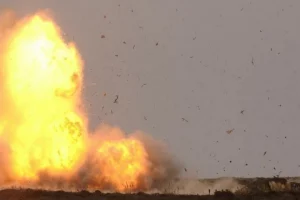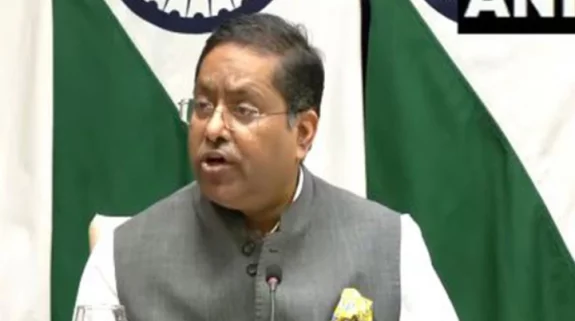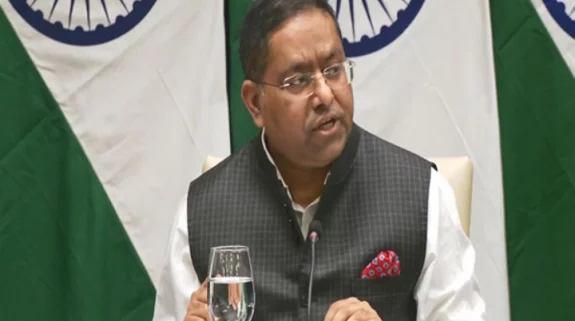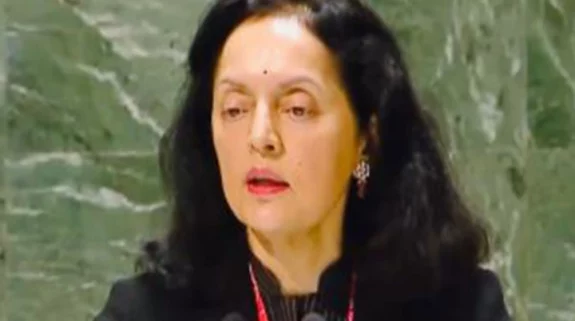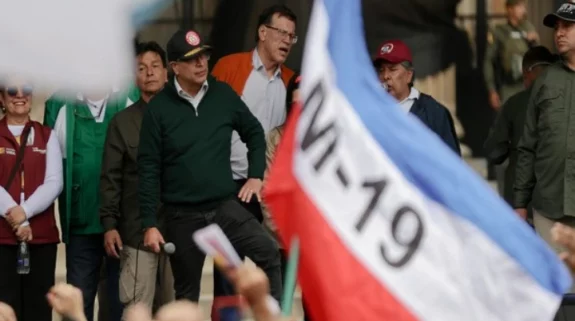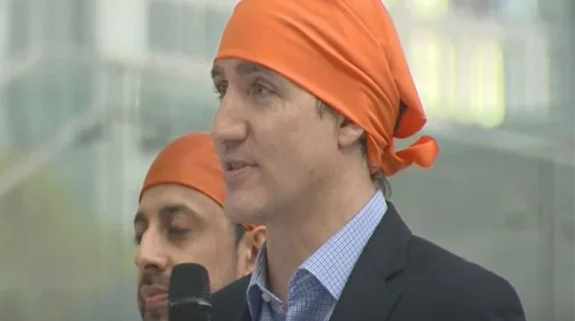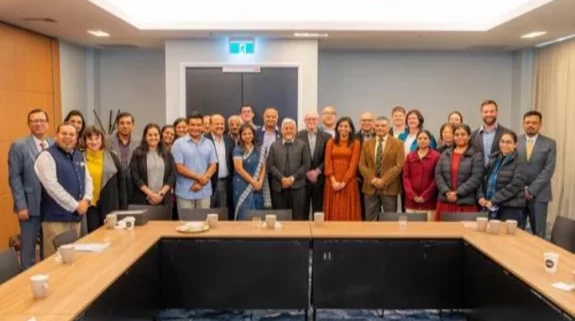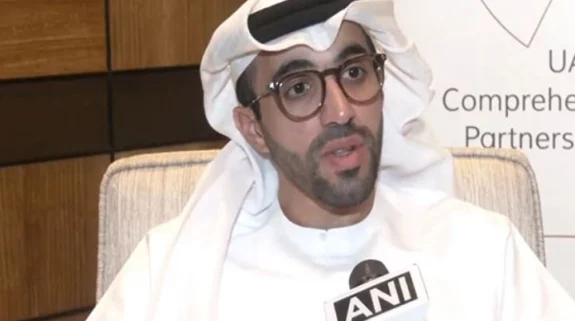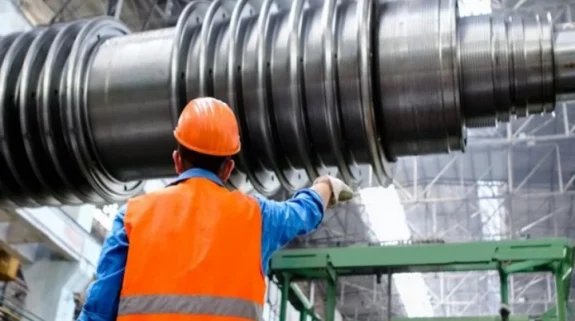The Prime Minister Narendra Modi is set to visit “Opar Bangla” (Bengal on the Other Side) Bangladesh on a two day trip starting from March 26. Modi will meet his counterpart Sheikh Hasina in Dhaka. He will take part in the celebration of the birth centenary of Sheikh Mujibur Rahman, Hasina’s father and the founder of Bangladesh, in Dhaka.
The reports in Bangladesh media also suggest that Modi expressed his desire to visit the ancestral home of freedom fighter Bagha Jatin and Rabindra Kuthi Bari, a country house built by Dwarkanath Tagore, father of poet Rabindranath Tagore in Kushtia. The poet lived a part of his life there.
PM Modi is also likely to visit the ancestral house of Jatindranath Mukherjee, known as ‘Bagha Jatin’ in Kushtia. Jatindranath Mukherjee was a revolutionary freedom fighter, who died a few days after being injured in an encounter with the police of British Raj in Balasore in Odisha in 1915.
Born in Kaya village in Kushtia district of undivided Bengal (part of the present-day Bangladesh) in 1879, a young Jatindranath Mukherjee earned the epithet ‘Bagha Jatin’ in 1906 when he fought a Royal Bengal tiger all alone for three hours and killed it using a dagger.
During his teenage, Jatin was profoundly influenced by Bhagvad Gita and the writings of Bankim Chandra Chattopadhyay. As a college student, Jatin participated in the relief work undertaken by Ramakrishna Mission, on the streets of cholera-hit Calcutta. There he came in contact with Sister Nivedita, the Irish disciple of Swami Vivekananda. Later, his meeting with Sri Aurobindo ignited his fervour for revolution against the British Raj. Soon Aurobindo considered Jatin as his right-hand man. On Jatin, Aurobindo had observed: “His very stature was like that of a warrior, a man who would belong to the front rank of humanity.”

Jatin was the first commander-in-chief of the ‘Jugantar Party’ which was formed in 1906 as a central association dedicated to train revolutionary freedom fighters in Bengal. This was the period when Bengal was seething with nationalist furore against Lord Curzon’s declaration of Partition of the province. Inspired by Jatin’s clarion call, “amra morbo, jagat jagbe” (we shall die to awaken the nation), many young revolutionaries joined the brand of the freedom struggle that the Jugantar Party represented.
Jatin is most remembered for an armed encounter with the British police at Balasore in Orissa. Before the battle Jatin had been in exile at Mahulidiha village in Orissa’s Mayurbhanj district, giving guerilla warfare training to the local youth. They were expecting a consignment of arms and funds from Germany to lead an armed struggle when the British found out about the plot and raided the spot where the revolutionaries were hiding. Although Jatin lost his life in the Battle of Balasore, his activities did have an impact on the British forces. “Were this man living, he might lead the world.” This is what the prosecuting British official had remarked, referring to Bagha Jatin in a trial.
On his death centenary in 2015, the Bangladesh Prime Minister Sheikh Hasina, paying homage to him, said: “We want the people of Bangladesh to know more about Bagha Jatin, who was an inspiration for Bangabandhu Mujibur Rahman in his fight against the Pakistani army.”
Last year in December, when Bangladesh was celebrating “Mujib Borso” the birth centenary of the Bongbandhu Mujib ur Rahman and 50 years of “Victory” commemorating the surrender of Pakistani armed forces on 16 December, ending the 1971 war, extremist groups vandalised the sclptures of the Bongbandhu Mujibur Rahman and Jatin Mukharjee.
Prime Minister Sheikh Hasina vowed to root out radicals and defeat their bid to establish Islamic rule in the country.






